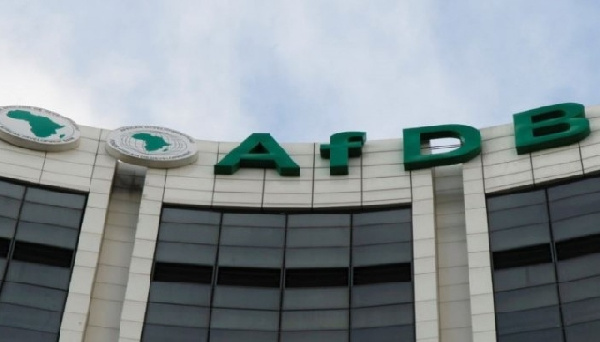Following the announcement of an additional $5 billion to the African Development Bank’s Enhanced Private Sector Assistance (EPSA) program from the government of Japan, the Bank’s Central Africa Regional Development and Business Delivery Office is seeking to engage with private sector organizations from the region with economically viable projects for investment.
Serge N’Guessan, African Development Bank Director General for the region, said: “The Bank is very keen to support private promoters’ investments in Central Africa since they are critical for the economic growth and job creation in this important region of the continent. The EPSA Program financing will contribute tremendously to achieving this noble development objective.”
The announcement, made in Tunis during the Eighth Tokyo International Conference on African Development (TICAD8), comprises $4 billion under EPSA 5 (2023-2025), and is complemented by $1 billion for a new special window to support African countries that undertake reforms to foster debt transparency and sustainability. EPSA 5 aims to address four key priorities: power, connectivity, health and agriculture, and nutrition.
The EPSA non-sovereign operations component helps finance the Bank’s private sector operations through a line of credit from the Japan International Cooperation Agency (JICA) to the Bank on concessional terms. To date, seven non-sovereign loans have been signed with JICA for a total of $1.5 billion. Examples of private investment financed include infrastructure: Bujagali Hydropower Plant (Uganda), RASCOM (the first Pan-African communication satellite), the East Africa Submarine Cable System, Lekki Toll road (Nigeria), and the Kigali Bulk Water Supply (Rwanda), etc.
Credit lines for regional development financial institutions went to the West African Development Bank, Africa Trade Insurance Agency, Africa Finance Corporation, East African Development Bank, and several commercial banks. EPSA loans also financed small and medium business assistance programs in Tanzania and Zambia, as well as sector-specific equity funds such as Africa Agriculture Fund, Emerging Market Fund, and equity investment in the creation of the TCX currency hedge facility. Industries also benefited from funding, as exemplified by Lake Harvest (aquaculture project in Zimbabwe), OLAM (major agriculture company investing in Africa), and Moulin Moderne du Mali (food products).
Latest Stories
-
Inlaks strengthens leadership team with key appointments to drive growth across sub-Saharan Africa
51 minutes -
Green Financing: What Ghana’s Eco-startups need to know
56 minutes -
CHAN Qualifiers: Amoah confident of beating Nigeria
57 minutes -
Governments deprioritising health spending – WHO
1 hour -
Lordina Foundation brings Christmas joy to orphans
1 hour -
Yvonne Chaka Chaka to headline ‘The African Festival’ this December
1 hour -
Nigerian man promised pardon after 10 years on death row for stealing hens
1 hour -
MGA Foundation deepens support for Potter’s Village
1 hour -
Galamsey: One dead, 3 injured as pit collapses at Nkonteng
2 hours -
Man, 54, charged for beating wife to death with iron rod
2 hours -
MedDropBox donates to UG Medical Centre
2 hours -
Afenyo-Markin urges patience for incoming government
2 hours -
Case challenging Anti-LGBTQ bill constitutionally was premature – Foh Amoaning
2 hours -
Fifi Kwetey: An unstoppable political maestro of our time
2 hours -
Volta Regional ECG Manager assures residents of a bright Christmas
3 hours

